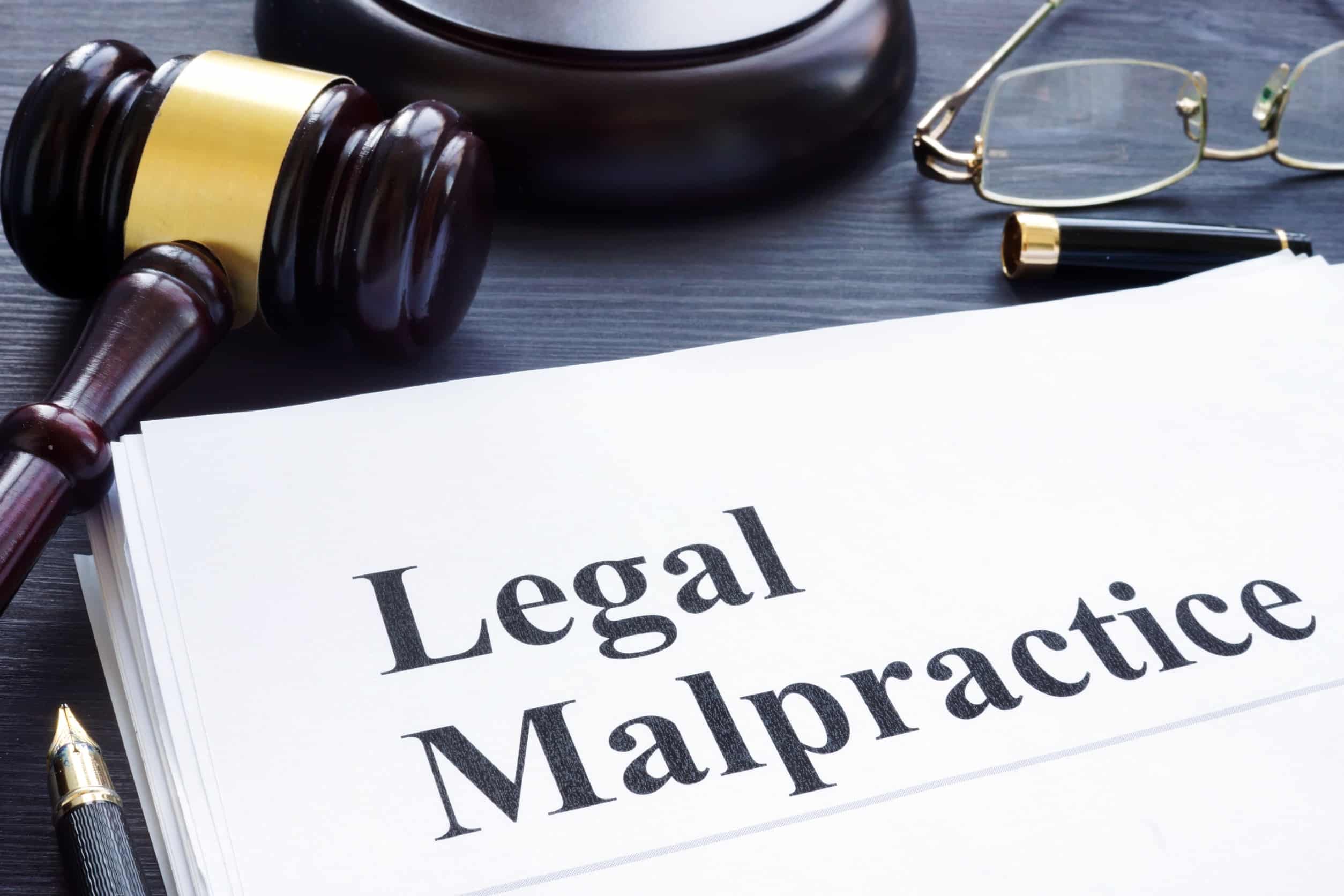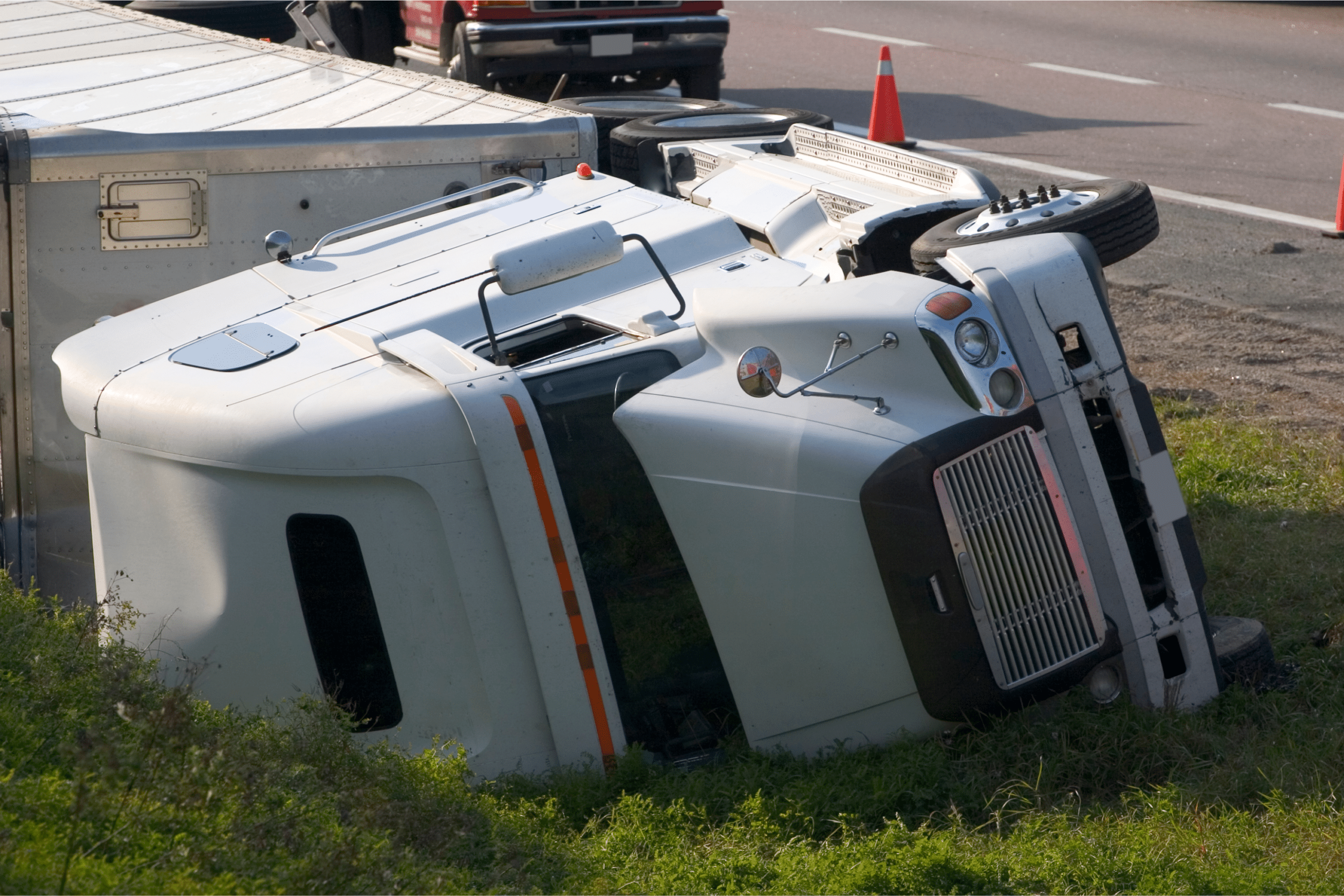How FL Sovereign Immunity May Affect Your Wrongful Death Case
Two years ago, a Marion County woman told her husband that she used alcohol to swallow a handful of anti-depressants. Her husband then called 911, and when paramedics arrived, they found the woman semi-conscious.
However, the first responders did not believe that the evidence at the scene fully substantiated the woman’s claims. They felt that the empty alcohol bottles by themselves accounted for the woman’s condition. The paramedics had the option of involuntarily institutionalizing her for evaluation, but her husband said that she had gone through that before and didn’t think she’d want to experience it again.
So the responders simply left.
A few hours later, the woman died.
In a statement regarding the matter, the county’s attorney revealed that a toxicology report indicated that the woman had not been lying – she had more than 30 times the normal dose of anti-depressants in her system. If the paramedics had taken the woman to the hospital, the treatment she received there might have prevented her death.
Because of this, a wrongful death claim was filed. Ultimately, the paramedics involved in the incident received sanctions and the county negotiated and approved a settlement of $190,000.
Seem a bit low? The county attorney agreed: “But for the sovereign immunity caps, this type of case would have significantly higher exposure for damages.”
What’s sovereign immunity? Well, for starters, that’s what limited the compensation to under $200,000. The settlement also included a release from future claims and no one admitted any wrongdoing.
Obviously, sovereign immunity has a significant amount of power. So, what is it exactly? How does it work?
What Is “Sovereign Immunity”?
The simplest explanation is that sovereign immunity prevents anyone from suing the government without its consent. As the name implies, the concept originates from the English theory that the “crown” could do no wrong. It’s a judicial doctrine, meaning it derives from case law or precedent, rather than a legislative act.
Several United States Supreme Court cases adopted the theory of sovereign immunity and applied it to both the federal government and the states, and for some time, without special authorization, no one could sue either. For any reason.
Through the years, various laws and acts have let the courts waive sovereign immunity and hold the U.S. government liable. Today, each state now also has its own set of laws and precedents regarding how and when to waive it.
Florida’s Sovereign Immunity Law
FLA. STAT. § 768.28 is Florida’s Sovereign Immunity Law. Under this statute, Florida waives its right to sovereign immunity for any personal injuries, property losses, or wrongful deaths a government worker may cause though error or negligence, or improper conduct while performing their duties. This covers everything from the situation above to a car crash caused by government negligence. Which seems like a good thing.
However, this waiver still limits judgments and claims to $200,000 – or $300,000 if the matter involves multiple agencies. It also prevents anyone from collecting punitive damages or prejudgment interest. Finally, plaintiffs cannot hold an individual employee personally liable unless they acted in bad faith, malevolently, or disregarded safety or human rights.
Judges don’t explain these limits to juries, so if they award a plaintiff more in particular case – no matter the amount – the plaintiff can only collect $200,000 (or $300,000, depending on the circumstances). There are also additional limitations for matters against law enforcement officials, space agencies, and public health organizations.
If, however, a plaintiff wants to recover more than the law allows, they may file a petition with the Florida legislature and request official authorization.
It’s an interesting and somewhat frustrating system when you think about it. On the one hand, the state is allowing people to sue it and hold it responsible when those who represent it harm people. After all, it did have sovereign immunity to begin with. On the other, it is also using the law to severely limit the damage amount it has to pay.
How Florida’s Sovereign Immunity Law Affects Wrongful Death Cases
FLA. STAT. § 768.28 also requires plaintiffs in wrongful death cases to file notice with the Department of Financial Services within two years. The government will then investigate the claim and then either deny it or offer a settlement. If the claim is denied, the plaintiff then has two years to file a lawsuit.
Other rules, restrictions, and deadlines apply. It is, therefore, important that you speak with a Florida personal injury attorney who understands sovereign immunity. He or she can help you assess your case, file necessary forms, meet all required deadlines, and file a lawsuit, should that be what you desire.
About the Author:
Andrew Winston is a partner at the personal injury law firm of Winston Law. For over 20 years, he has successfully represented countless people in all kinds of personal injury cases, with a particular focus on child injury, legal malpractice, and premises liability. He has been recognized for excellence in the representation of injured clients by admission to the Million Dollar Advocates Forum, is AV Preeminent Rated by the Martindale-Hubbell Law Directory, enjoys a 10.0 rating by AVVO as a Top Personal Injury Attorney, has been selected as a Florida “SuperLawyer” from 2011-2017 – an honor reserved for the top 5% of lawyers in the state – and was voted to Florida Trend’s ”Legal Elite” and as one of the Top 100 Lawyers in Florida and one of the Top 100 Lawyers in the Miami area for 2015, 2016, and 2017.
 Florida Helicopter Crash Investigations – What Goes into Them?
Florida Helicopter Crash Investigations – What Goes into Them? 


















